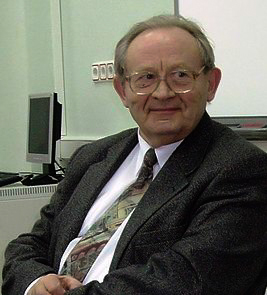The article deals with the ideological background of the phenomenological sociology of religion. Phenomenological sociology of religion developed under the influence of phenomenology as a philosophical trend, created by the German philosopher E. Husserl, as well as the phenomenology of the religion of the German theologian and philosopher R. Otto and the Dutch theologian and religious scholar G. van der Leeuw. Philosophical phenomenology of E. Husserl and his ideas about “pure co-knowledge”, phenomenological reduction, the constitution of the social world, etc. had a special significance for the formation and development of the phenomenological sociology of religion. An important contribution to this process was also made by R. Otto and G. van der Leeuw. The author distinguishes two main tendencies in the phenomenological sociology of religion – dichotomous and immanently transcendental. The dichotomous tendency is presented in the works of such scientists as J. Wach and G. Mensching, and the immanent-transcendent tendency can be found in the works of P.L. Berger and T. Luckmann. The article analyzes sociological ideas of the listed researchers.
Key words: philosophical phenomenology, phenomenological sociology of the religion, dichotomous tradition, immanent-transcendent tradition, secularization, religious pluralism, modern models of religion.
DOI: 10.22250/2072-8662.2018.2.110-121
About the author
 |
Igor N. Yablokov – Doctor of Philosophy, Full Professor, Head of the Department of Philosophy of Religion and Religious Studies, Faculty of Philosophy, Lomonosov Moscow State University; build. 4, 27 Lomonosovsky prosp., Moscow, Russia, 119991; relig@philοs.msu.ru
|






